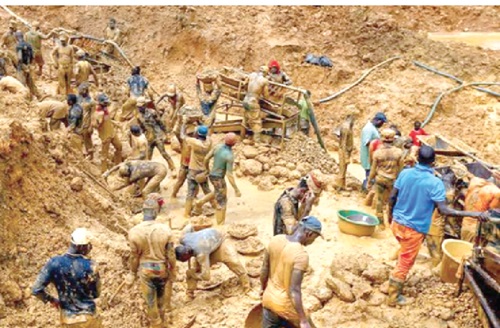
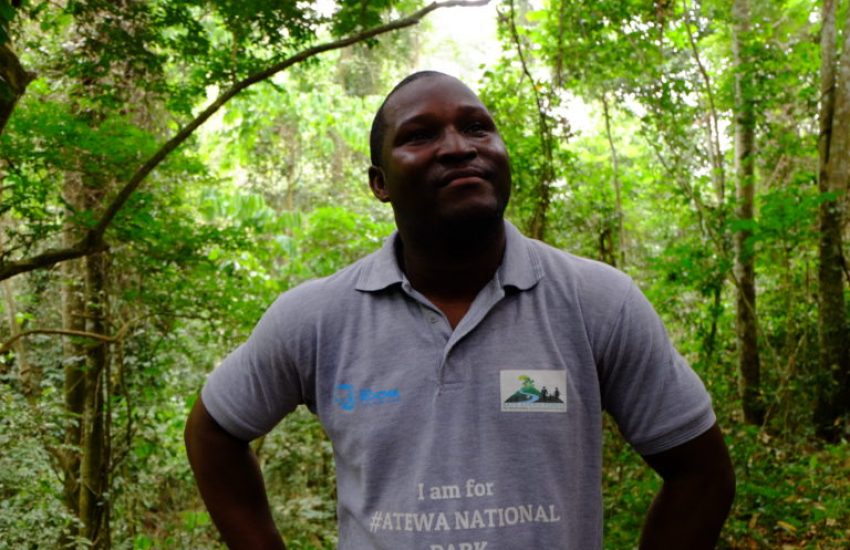
Environmental advocate and Deputy Director of A Rocha Ghana, Daryl Bosu, has criticised the government for its failure to implement the mutually agreed plan to combat the menace of illegal mining following the 2021 National Consultative Dialogue on Small Scale Mining.
In a statement seen by Pulse News, Mr Bosu laments that the problem of illegal mining, known locally as ‘galamsey’, has worsened due to the government’s inaction on the three-year-old plan meant to protect the country’s water bodies, forests, and environment from degradation.
He highlighted that some key action points agreed upon during the multi-stakeholder dialogue included “a declaration of a state of emergency,” which was intended to mobilise resources for swift coordination and response. However, three years later, the government has yet to make any such declaration, despite public outcry and citizen protests.
Mr Bosu further stated that stakeholders had stressed the importance of “protecting Ghana’s forests and water bodies from mining activities,” another commitment that remains unmet. Additional commitments included the removal of mining equipment, the enforcement of strict laws, and the establishment of community mining sites; yet, only four such sites have been set up.

He argues that the government’s failure to implement these commitments signals a lack of political will to address the menace of illegal mining effectively.
In Ghana, galamsey refers to illegal, small-scale gold mining conducted without proper permits or oversight from regulatory authorities. The term is derived from the phrase gather them and sell, which reflects the informal and often unregulated nature of these operations. Galamsey activities are widespread across Ghana’s mining regions, where many people rely on it for income, but it is illegal because it typically occurs on lands designated for other purposes or without adhering to environmental regulations.
Galamsey has led to serious environmental degradation, including the pollution of water bodies with mercury and cyanide, deforestation, and soil erosion, all of which pose long-term risks to ecosystems and human health. Despite government crackdowns and regulatory efforts, the practice persists, partly due to poverty, limited job opportunities, and high global demand for gold.

In Ghana, galamsey refers to illegal, small-scale gold mining conducted without proper permits or oversight from regulatory authorities. The term is derived from the phrase gather them and sell, which reflects the informal and often unregulated nature of these operations. Galamsey activities are widespread across Ghana’s mining regions, where many people rely on it for income, but it is illegal because it typically occurs on lands designated for other purposes or without adhering to environmental regulations.
Galamsey has led to serious environmental degradation, including the pollution of water bodies with mercury and cyanide, deforestation, and soil erosion, all of which pose long-term risks to ecosystems and human health. Despite government crackdowns and regulatory efforts, the practice persists, partly due to poverty, limited job opportunities, and high global demand for gold.
Read Full Story
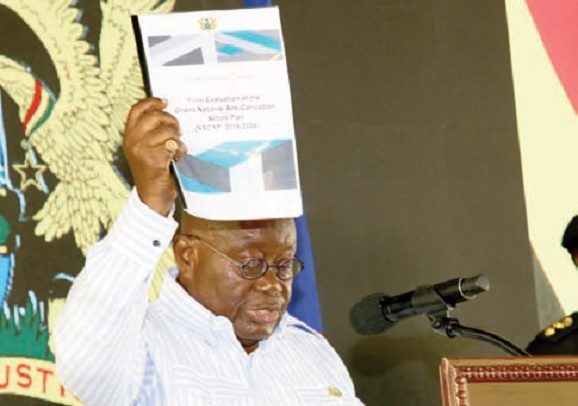

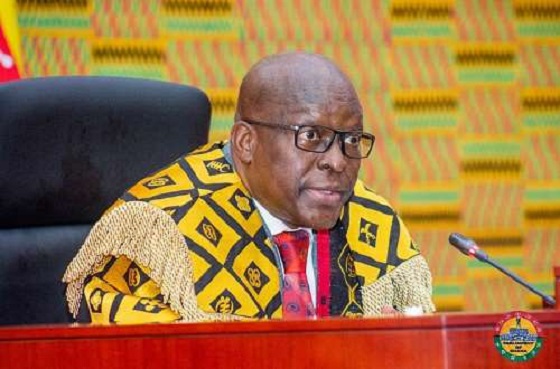



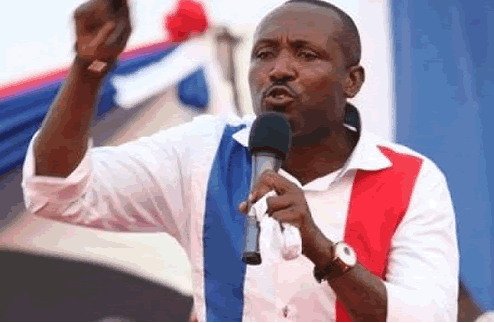





Facebook
Twitter
Pinterest
Instagram
Google+
YouTube
LinkedIn
RSS